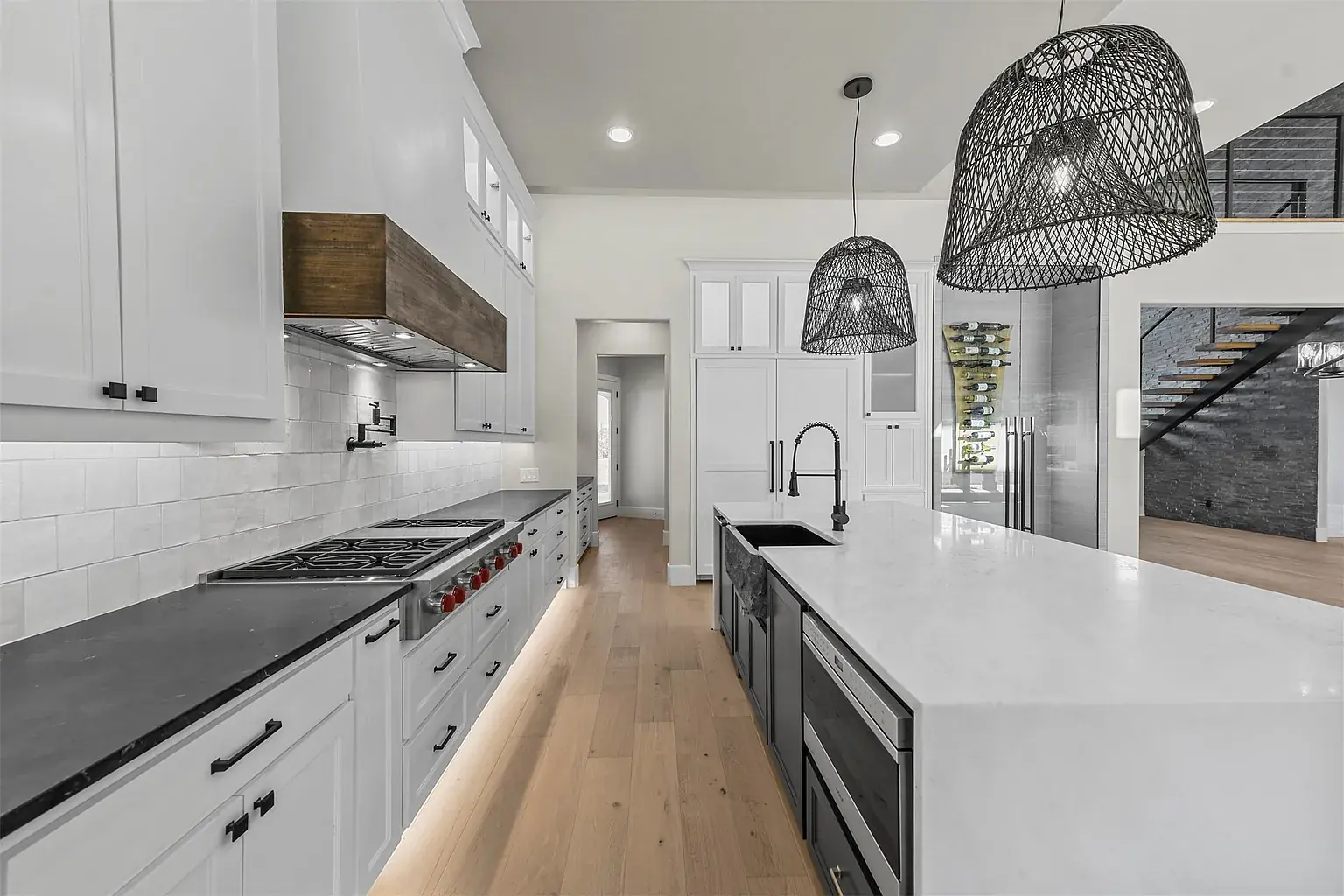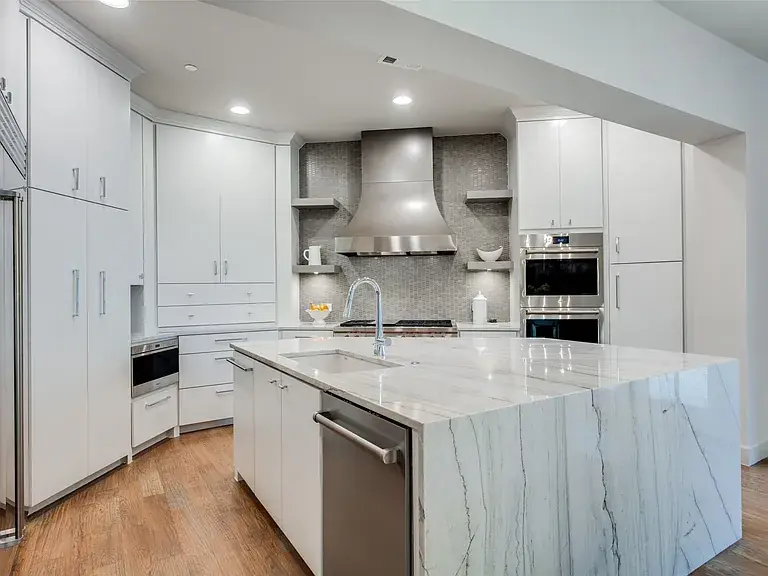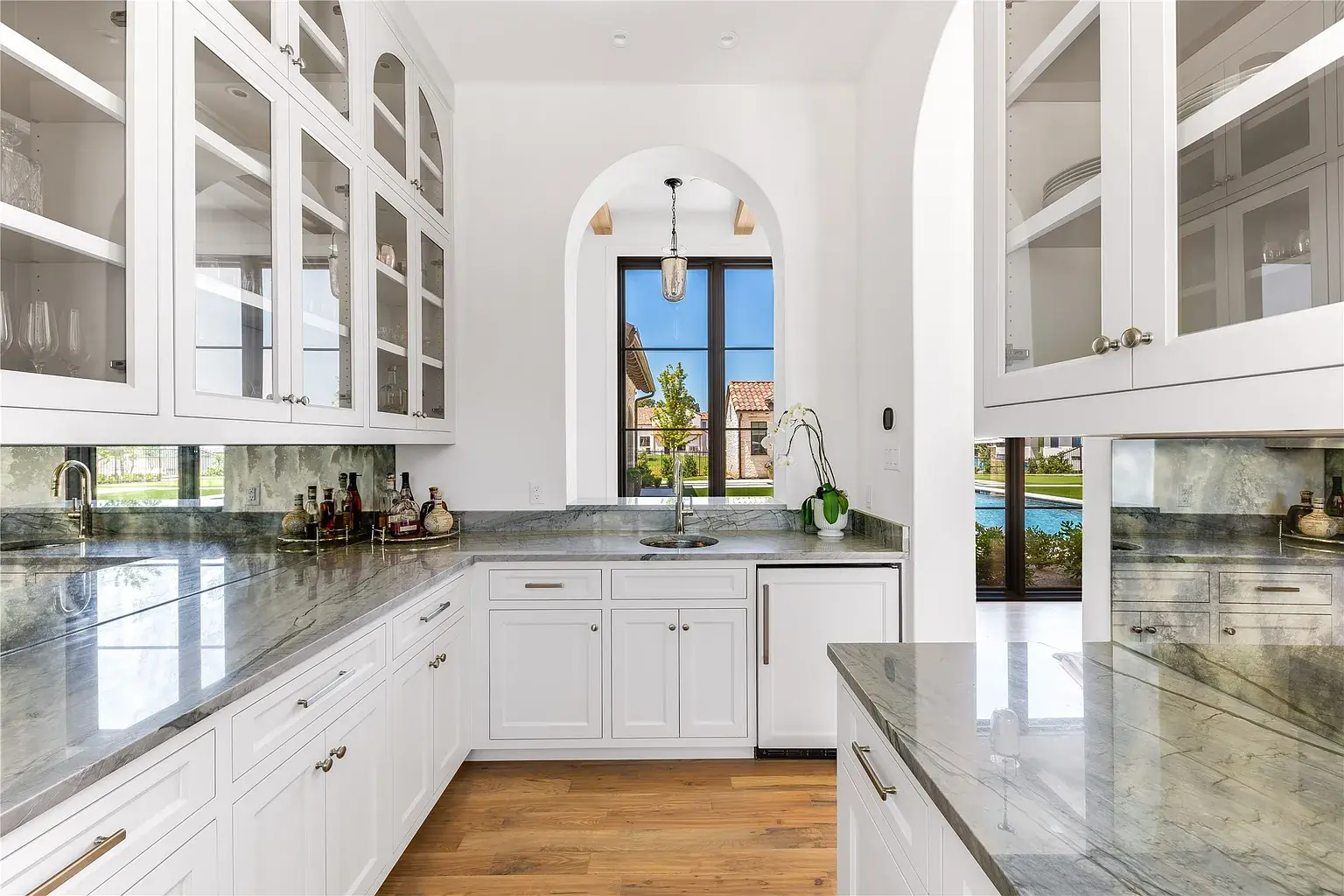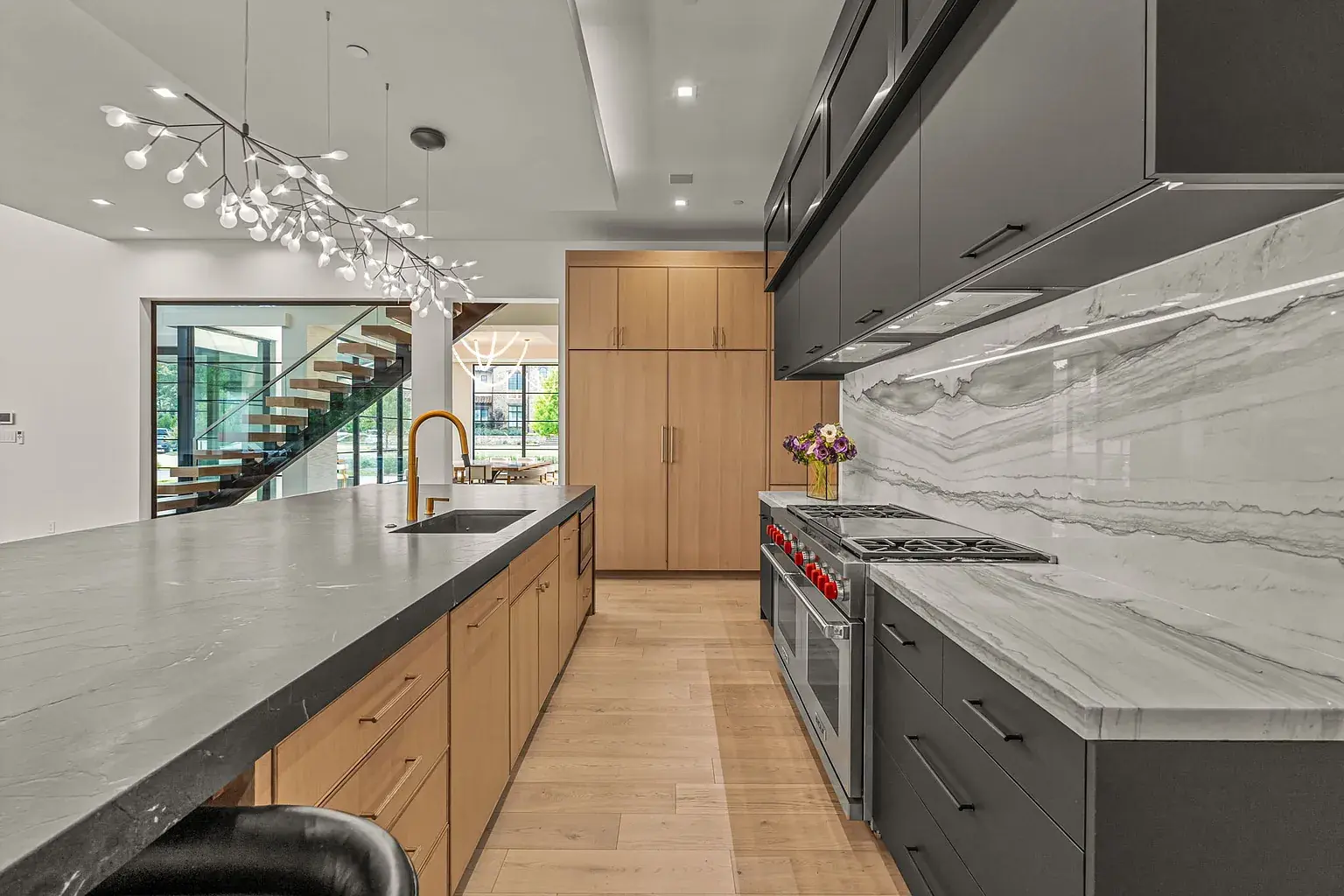When selecting a countertop material for your kitchen, aesthetics often dominate the conversation—but the real test lies in how your choice performs daily. Beyond visual appeal, factors like durability, maintenance, and functionality determine whether your countertop will age gracefully or become a source of frustration. Below, we compare three popular options—granite, quartz, and butcher block—to help you make an informed decision that balances practicality with style.
Durability: Which Material Stands the Test of Time?

Granite is a natural stone prized for its hardness and heat resistance. While it’s less likely to scratch or burn, its porous structure makes it vulnerable to staining if not properly sealed. Small chips can also occur along edges if heavy pots or pans are dropped.
Quartz, an engineered stone, combines crushed quartz with resins. It’s non-porous, so it won’t stain, and resists scratches better than granite. However, direct heat (like a hot pan) can damage the resin binders, leaving discolored marks.
Butcher Block (wood) offers a warm, organic feel but is far softer. It scratches and dents easily, and prolonged exposure to moisture can lead to warping or bacterial growth. However, minor damage can often be sanded out.
Expert Tip: If you opt for granite, have a professional assess its “veining” pattern. Denser veining often indicates stronger areas, making it less prone to chipping near sinks or cooktops.
Maintenance: Daily Care vs. Long-Term Upkeep

Granite requires annual sealing to maintain its stain resistance. Daily cleaning with mild soap and water suffices—avoid acidic cleaners like vinegar, which can etch the surface.
Quartz is virtually maintenance-free. Its non-porous surface resists stains and bacteria, needing only routine wiping. However, harsh chemicals can dull its finish over time.
Butcher Block demands the most effort. Monthly oiling with food-grade mineral oil is crucial to prevent drying and cracking. Spills must be wiped immediately, and standing water around sinks can cause swelling.
Expert Tip: For busy households, install a small section of butcher block near the sink for cutting tasks. This way, the rest of the countertop stays pristine, and you minimize maintenance for the primary workspace.
Functionality: How Does Each Material Perform Day-to-Day?

Granite excels in high-heat areas (near stovetops) since it won’t scorch. However, its uneven surface can make rolling dough or pastry challenging.
Quartz is ideal for seamless, hygienic food prep areas. Its uniform texture resists crumbs and debris. Avoid placing hot cookware directly on it—use trivets religiously.
Butcher Block is a chef’s ally for chopping and kneading, as it’s gentler on knives than stone surfaces. But cross-contamination is a risk: raw meat should never contact the wood directly.
Expert Tip: Install a recessed trivet drawer near your stove or oven. This keeps hot pads easily accessible, protecting quartz or wood surfaces without cluttering your counters.
Cost and Lifespan: Long-Term Value Matters

Granite has a mid-to-high upfront cost ($50–$100/sq. ft. installed) but lasts decades with proper care.
Quartz is similarly priced ($60–$150/sq. ft.) but comes with a more consistent appearance and less long-term maintenance.
Butcher Block is the most budget-friendly ($30–$100/sq. ft.), though it requires periodic sanding and refinishing. Expect to replace sections every 10–15 years in high-use areas.
Expert Tip: Invest in a high-quality quartz slab for high-traffic zones (like the kitchen island) and use butcher block sparingly in low-impact areas. This balances cost and longevity.
How to Choose the Right Counters for Your Lifestyle
- Active households with kids: Durable, low-maintenance quartz minimizes stress over spills or scratches.
- Traditional or luxury kitchens: Granite’s natural, unique appeal adds timeless character.
- Cooking enthusiasts: Butcher block offers a functional workspace for prep—pair it with stone near heat sources.
Whether you prioritize a sleek, modern look or a rustic charm, your countertop should align with how you live.
At 123 Remodeling, our designers help Dallas homeowners balance practicality and style in every kitchen renovation. For tailored guidance on materials, installation, or layout, contact us to find the best option for your kitchen.
